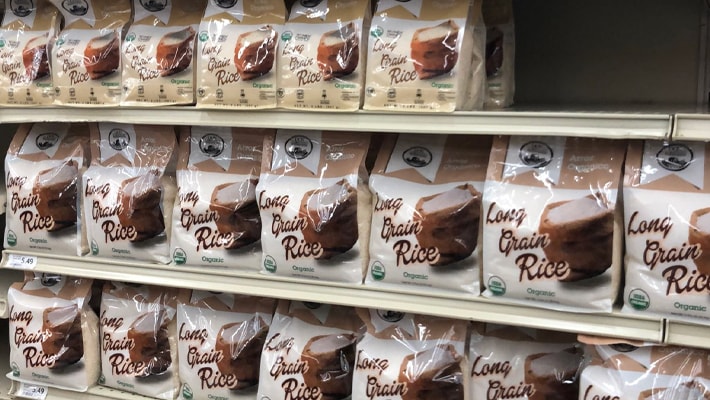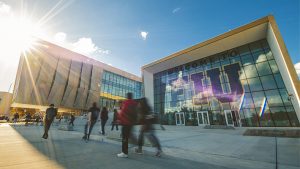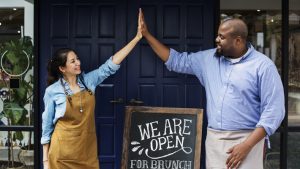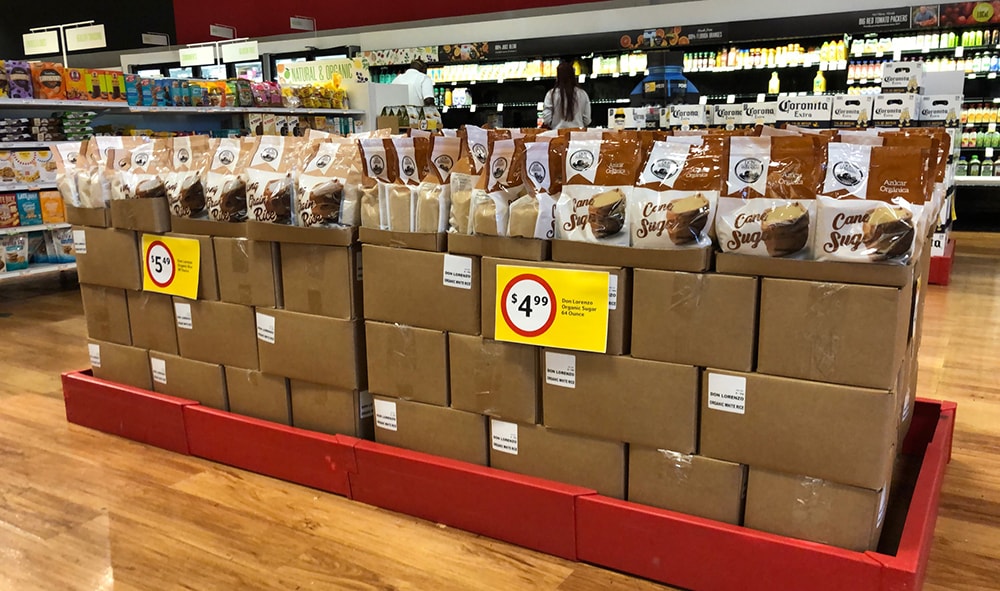
Miami-based distribution and co-packing company I Was Thinking strives to grow the presence of its imported natural and organic products at supermarkets across South Florida and beyond. Yet the demands of operating in the COVID-19 environment threatened to bring the business to a halt.
“The coronavirus hit us on two sides – payroll and customer demand,” said co-owner Rodolfo Lorenzo, who launched the business with his mother in 2014. Today, the company has 22 employees and a payroll of $21,000 per week. Increased production means the company has to pay suppliers more upfront than in the past and now proceeds from sales can’t keep up with expenditures.
Lorenzo turned to the Florida SBDC at FIU Business (FSBDC) for assistance with obtaining emergency funds to stay afloat. Last week, he was approved for a Florida Small Business Emergency Bridge Loan, which provides up to $50,000 in loans to small businesses impacted by COVID-19.
I Was Thinking’s imports include organic quinoa, organic white/brown rice, chia seeds, organic beans, organic sugar and mineral salt. The company works directly with farmers in Latin America and imports the products directly. It also specializes in co-packing organic products for private labels.
“By the time we package, import and have to pay our producers, it’s a good 60 days before we get our money back through sales,” Lorenzo said. “It’s been an uphill battle. We have hired a lot of people in this time of need because given the coronavirus situation, filling grocery stores is critical.”
I Was Thinking’s bridge loan will be used primarily for payroll, allowing Lorenzo to keep his employees and continue filling grocery store shelves. The business is currently operating 6 or 7 days per week, from 7 a.m. until as late as 1 a.m. Its products are sold in three of the top grocery chain retailers in the U.S.
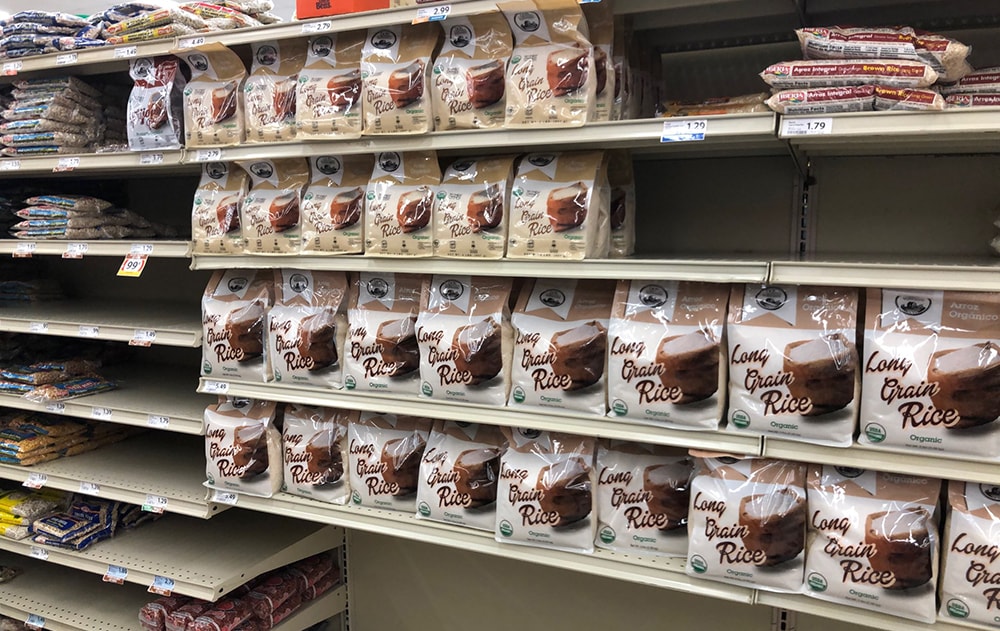
While the bridge loan will help keep I Was Thinking running, it’s not enough for the company to stay on its growth track, Lorenzo said. The process isn’t easy, he noted, adding that it seems like the larger banks aren’t structured to handle a situation like the one that exists today.
“The FSBDC helped me succeed rather quickly,” Lorenzo said.
Lorenzo has already applied for the Paycheck Protection Program and the SBA’s Economic Injury Disaster Loan.
“If we get that one, we’ll be able to get rid of a bunch of other loans and lines of credit in the 12- to 15 percent interest range,” said Lorenzo. “We’ve been working not-stop just to pay the interest.”


